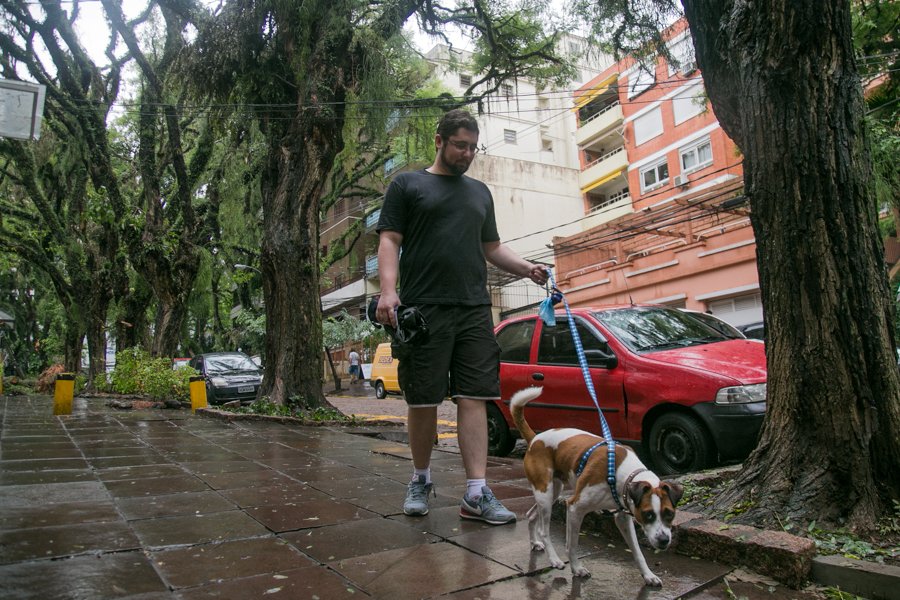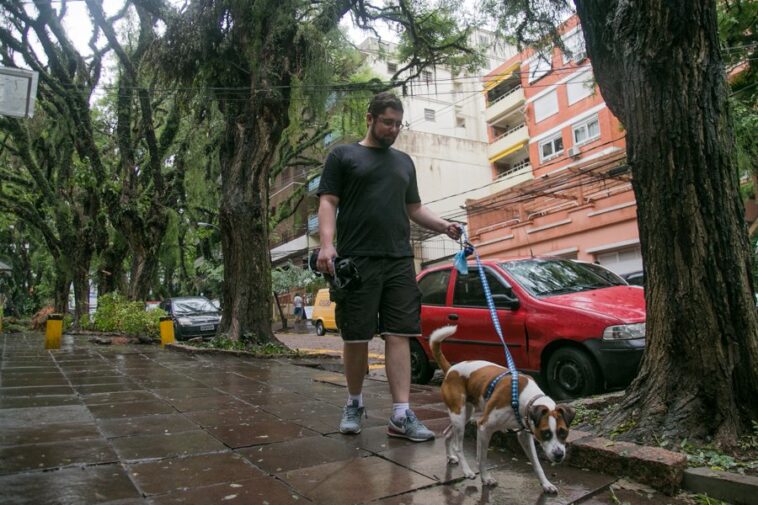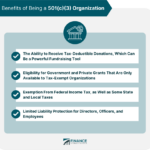
The Importance of Due Process in the Legal System
Due process is a fundamental principle in our legal system that requires fairness, justice, and impartiality. It is the right of every individual to receive a fair trial and be protected from arbitrary deprivation of life, liberty, or property. Due process is the backbone of the American legal system, ensuring that every person is treated equally under the law.
What is Due Process?
Due process is the legal requirement that the government must respect all legal rights that are owed to a person. This means that the government cannot take away someone’s life, liberty, or property without following the law. Due process requires that the government provide the accused with adequate notice and a fair opportunity to be heard before taking any action that could potentially deprive them of their rights. Due process is an indispensable part of our legal system, and it is one of the most important rights guaranteed by the Constitution.
Why is Due Process Important?
Due process is essential to protecting individual liberties. It ensures that the government cannot act arbitrarily to punish or deprive individuals of their rights. The due process clause of the Constitution plays a central role in protecting the rights of individuals from overzealous government actors. Without due process, the government could easily infringe on individual liberties without any accountability. Due process, therefore, serves as a check against arbitrary government actions.
Challenges to Due Process
Despite the importance of due process, there are numerous challenges to its implementation. One of the most significant challenges is the lack of resources in the legal system. Many people cannot afford adequate representation, and this can often lead to an unfair outcome. Additionally, the system is often plagued by biases and discrimination, resulting in a disproportionate impact on certain groups.
Lack of Resources
The lack of resources is one of the biggest challenges to ensuring due process. Many people who need legal representation cannot afford it, and this has the potential to result in a miscarriage of justice. The high cost of litigation, combined with the inadequate funding of public defenders, means that many individuals are forced to represent themselves, resulting in a significant disadvantage. Addressing this challenge requires a significant investment in the legal system, including the provision of adequate funding for public defenders and court systems. This will help to ensure that all individuals have access to adequate legal representation when they need it.
Biases and Discrimination
The legal system is not immune to biases and discrimination, which can result in an unfair outcome, particularly for marginalized groups. There have been numerous instances where people have been wrongfully convicted due to racial or gender biases. To address this challenge, the legal system must take active steps to eliminate biases and promote diversity, equity, and inclusion. This includes increasing the representation of marginalized groups in the legal profession, promoting cultural competency, training judges on issues related to diversity and inclusion, and improving police training.
The Role of Due Process in the Criminal Justice System
The criminal justice system is the most frequent context in which due process rights come into play. Due process is particularly critical in the criminal justice system because the stakes are incredibly high. Individuals accused of a crime face the possibility of losing their freedom, their reputation, and in some cases, their lives. The criminal justice system must ensure that every individual is entitled to a fair trial and that their due process rights are respected.
Plea Bargaining
Plea bargaining is a process where the accused and the prosecutor negotiate a plea deal, typically to a lesser charge or a reduced sentence in exchange for a guilty plea. Plea bargaining has become increasingly prevalent in the criminal justice system, with as many as 95% of criminal cases being resolved through plea bargaining. However, the plea bargaining process can be problematic, particularly when defendants are coerced into accepting plea deals. This violates their due process rights, particularly the right to a fair trial. Addressing this challenge requires a complete overhaul of the criminal justice system, including eliminating mandatory minimum sentences and ensuring adequate representation for all defendants.
Jury Selection
Jury selection is another area where due process rights can be challenged. Defendants have the right to a fair and impartial jury, but jury selection is often fraught with biases and discrimination. The jury pool may be less diverse, leading to potential biases against certain groups. Addressing this issue requires changes to the jury selection process. Increasing the diversity of the jury pool, implementing implicit bias training for jury members and judges, and reviewing challenges for cause are all ways to ensure a fair and impartial jury selection process.
Conclusion
Due process is a fundamental principle in our legal system that protects individual liberties and ensures that the government acts fairly and impartially. Despite numerous challenges, due process remains essential to the functioning of our legal system, particularly in the criminal justice system. Ensuring that due process rights are respected requires a concerted effort to eliminate biases, increase resources, and promote diversity and equity. By doing so, we can ensure that the legal system remains fair and impartial and that every individual is treated equally under the law.
Originally Post From https://www.sfchronicle.com/bayarea/article/belvedere-housing-marin-county-18617242.php
Read more about this topic at
Content Hub and Insightful Industry Analysis
Insightful Industry Analysis


